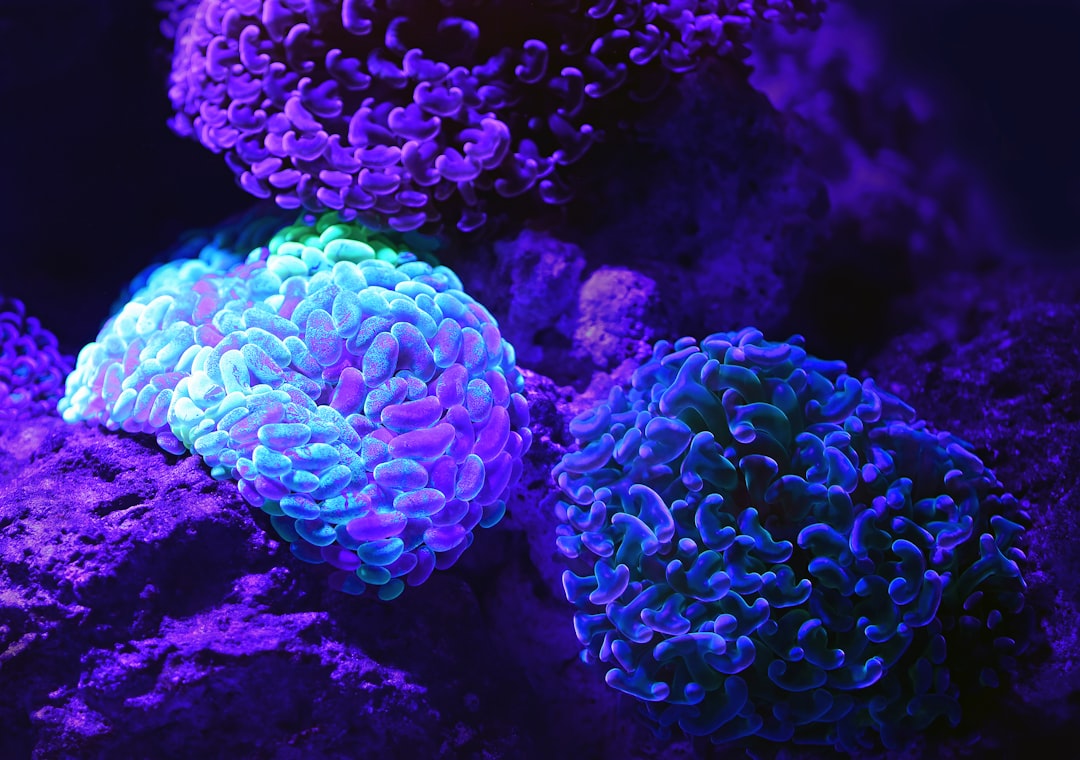What is it about?
Although the postpartum period is typically associated with increased calmness and decreased response to stress in mothers, for a substantial percentage of mothers, it also represents a time period of risk for the development of mood and anxiety disorders, which not only affect the well-being of the mother but negatively impact the long-term health of the infant. Here, we describe the attempts that have been made in preclinical research to investigate these debilitating disorders.
Featured Image
Why is it important?
Although the risk factors for these disorders, as well as normal peripartum-associated adaptations, are well-known, the underlying aetiology of postpartum psychiatric disorders remains poorly understood. This is due in part to a lack of research and the male-orientated preclinical research focus. We then discuss potential avenues of approach and state that these models have helped us to better understand postpartum psychiatric disorders but that more research emphasis is required.
Read the Original
This page is a summary of: Using animal models to study post‐partum psychiatric disorders, British Journal of Pharmacology, July 2014, Wiley,
DOI: 10.1111/bph.12640.
You can read the full text:
Contributors
The following have contributed to this page










